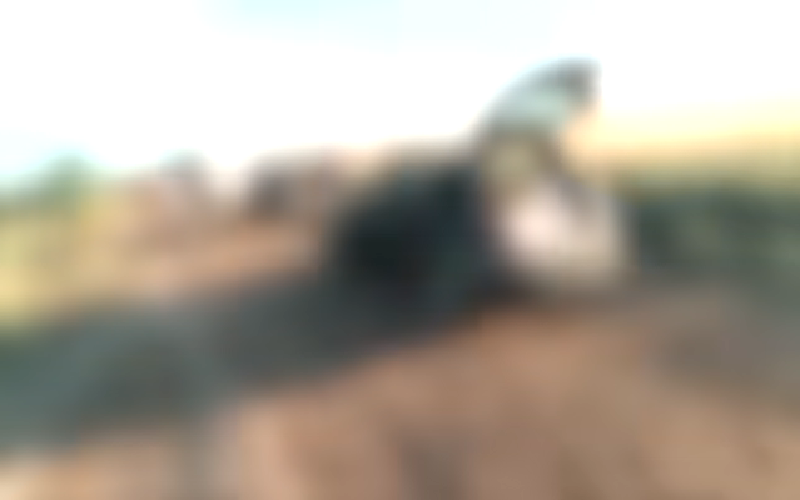You can’t go anywhere without water – this is one of the key points for owners of a summer house or country house. What types of water supply systems are there, how to choose from them and what additional equipment will be needed? The expert explains.
Maria Kuleshova, expert biochemist at the technological company for the production of water filters “Barrier”:
— Water supply outside the city can be centralized or autonomous (well or borehole).
Connecting to a centralized water supply is attractive due to lower initial costs and easier installation. But the autonomous system does not depend on external factors and provides higher quality water without monthly payments.
Comparison of water supply systems for private houses
How to choose a water supply system
1. Find out whether municipal water supply is installed in your area. You may only have to choose from two options: borehole and well.
2. Check the quality of local water, system pressure, and additional conditions. For example, in some villages the water supply is stopped during the cold season.
3. Calculate your approximate water consumption. If you have to provide water to a large house, a family of several people and work on the site, then the well’s flow rate may simply not be enough.
4. Determine the budget for creating a water supply system and select the optimal solution based on the required amount of water, the importance of stable pressure and flow rate.
Be prepared for the fact that any type of water supply may need an additional water filtration system to raise its quality to potable.
Are you planning to buy a house, cottage, townhouse or plot? Choose suitable options on Cyan using your filters
Equipment for autonomous water supply system
The water supply system layout can be customized to suit homeowners’ preferences. When choosing a well or borehole, the water supply system will consist of several main blocks.
- Source of water – includes the installation of a well or borehole.
- A pump or pumping station that is responsible for lifting water from a source.
- Storage and regulating capacity – water storage.
- Special filters that ensure that the water is clean and safe for use.
Selecting a pump or pumping station
When choosing a pump, it is important to consider its technical characteristics:
Productivity is the volume that the pump pumps per unit of time. There should be enough water to use all the taps in the house at the same time. Typically, models with an indicator of 2 cubic meters are chosen. m/h.
Height of water rise . The pump must lift water from the source to the top floor without losing pressure. For a well, 40 m is most often enough; for a well, a higher height may be needed.
Electricity consumption. How much electricity will be needed to power the pump.
For a source at shallow depth and limited productivity, the best option would be an automatic pumping unit with a frequency converter. It raises water to a height of up to 50 m and provides the same water pressure anywhere in the house.
In cases where the water source is deep or greater productivity is needed, a submersible pumping unit is often used, which supplies water from the bottom of a well or borehole.
To supply water from a depth of 100–150 m, special borehole pumps are used. They are protected by a special sealed housing and can withstand work at great depths.
Selecting a water storage container
Material. For private homes, food-grade plastic containers are most often chosen. Such a tank will not emit harmful substances and pollute water, is not subject to corrosion and lasts longer than its analogues. It is also easy to transport and install due to its light weight.
Volume. The storage tank must provide such a volume of water that it is enough for basic needs during periods of emergency power outage. It is better to choose a container of 250 liters or more.
Principle of operation. A non-pressure, non-pressurized tank creates pressure by being placed at the highest point of the system. A hydropneumatic tank creates pressure using the internal structure and compressed air in one compartment.
Selection of water purification equipment
Knowing the composition of the source water will help you select an effective purification system. After installing the source, it is advisable to submit liquid samples for testing in any accredited laboratory.
This will allow you to accurately determine what impurities should be removed from the water and what filters will be needed.
The filtration system in a private home consists of several main stages. They must be observed so as not to doubt the quality and safety of water.
According to the Barrier company According to the Barrier company
Experts from companies that produce and sell water purification equipment will help you choose the optimal filtration system based on laboratory analysis for free.
In addition, many of them also install equipment purchased from them for free.
So creating a water supply system for a summer house or country house for permanent residence depends on your goals, needs and budget.
